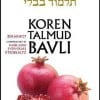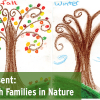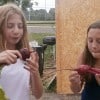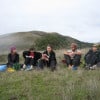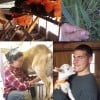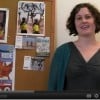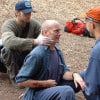By Rabbi Elisheva Brenner In the Torah “holiness” is part of an idiosyncratic way of understanding how the cosmos came into being, our place in it (cosmogony) and the nature of reality (epistemology). To our ancient ancestors, the cosmos, the physical world as we experience it, all life was brought about by “the word of G-d.” Today we would regard “the word of God” as a metaphor for the energies, forces, karma, particle and wave plus the energy of human consciousness that concentrates, compresses, expands and contracts into what we experience as the physical and spiritual world. When the energies of life are in properly balanced, albeit dynamic, homeostasis, the life system has achieved a state of sustainability. In Torah-speak, that homeostasis, that sustainability, is called “Holiness.” The parts of the system as well as the objects, actions and time intervals used to maintain and correct the system are called “Holy.” We can find our way into the Torah’s way of understanding through the study of language and literary structural forms. Language is a window onto the way a people or culture perceives reality. It both arises from and reifies a culture’s epistemology. Biblical Hebrew is a language that […]


